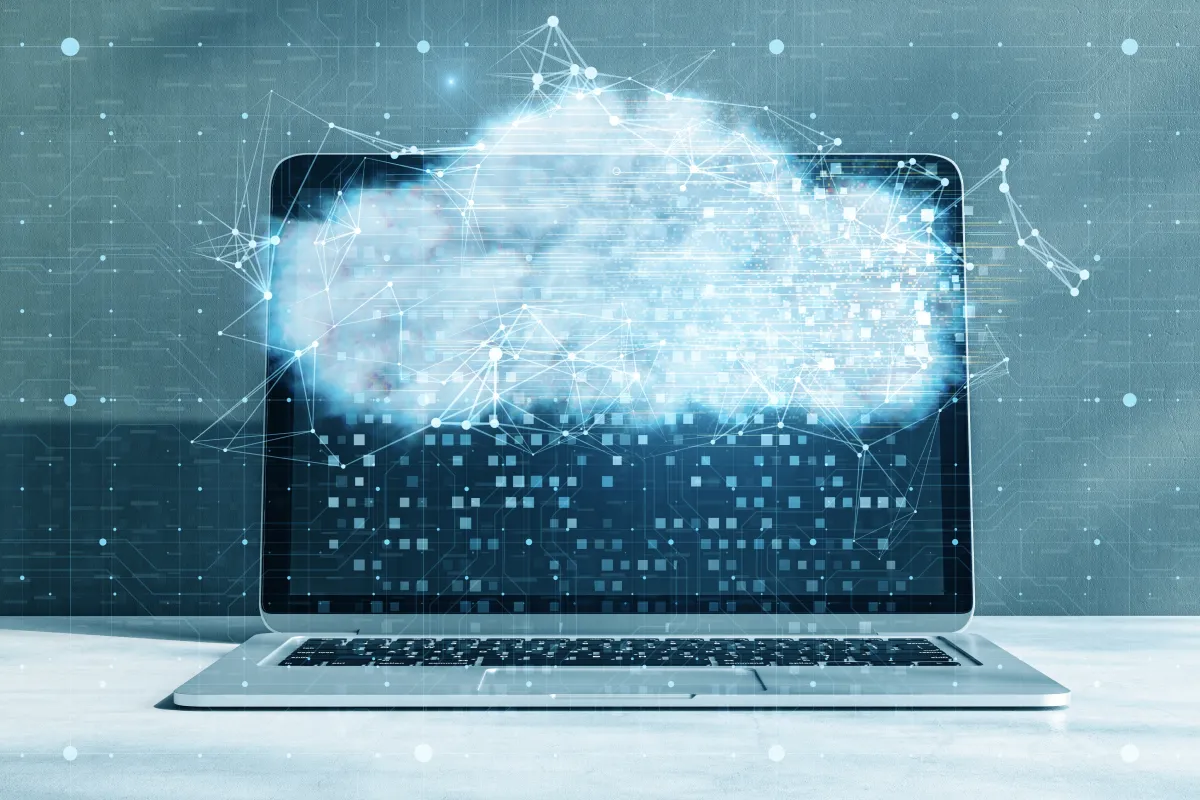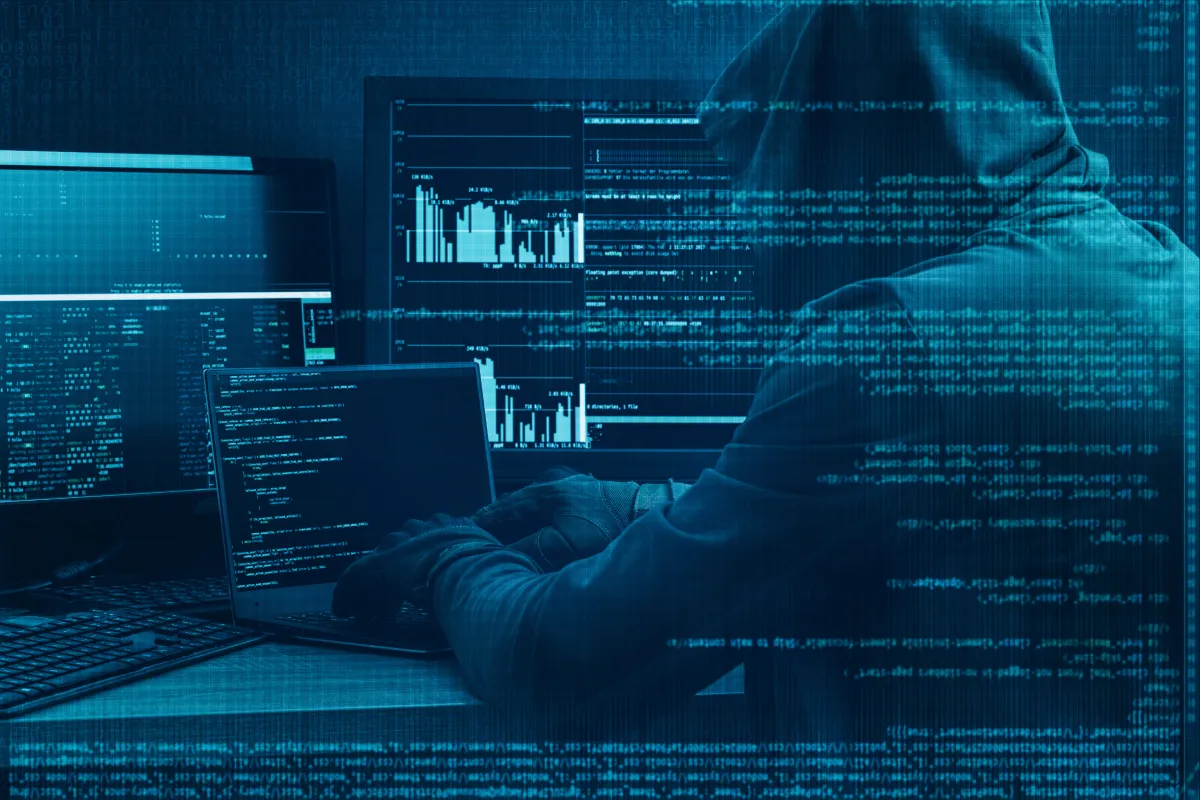As the digital landscape evolves, so too does the sophistication of cyber threats, making robust cybersecurity measures more crucial than ever for the ticketing industry. The insights gathered from the INTIX 2024 conference underscore the pivotal role of cybersecurity in safeguarding data, maintaining customer trust, and ensuring seamless operations.
This article delves into the challenges and outlines a comprehensive blueprint for achieving the golden standard in cybersecurity for ticketing platforms.
The Limitations of Ticketing Insurance in Cybersecurity
Relying solely on ticketing insurance to mitigate the aftermath of cybersecurity attacks is a strategy fraught with limitations. Robert Tarleton, CIO of Double Eagle Consulting, posited at INTIX 2024 that insurance cannot recuperate the loss of customer trust, the damage to reputation, or the invaluable time and data lost during recovery.
In contrast, a proactive, prevention-first approach to cybersecurity offers a far more effective means of safeguarding against potential threats, highlighting the need for ticketing platforms to prioritize robust security measures over insurance as their primary defense mechanism.
Preventative Cybersecurity Strategies
A comprehensive approach to cybersecurity encompasses several key strategies, each designed to preemptively address and neutralize potential threats:
- Endpoint Protection & Response (EPR) and Managed Detection & Response (MDR) services are crucial for real-time threat detection and response.
- Access Control Policies with MS Entra ID (AzureAD) and Single Sign-On (SSO) mechanisms enhance security by managing user identities and access rights efficiently.
- Multifactor Authentication (MFA) adds a critical layer of security, requiring users to provide multiple verification factors before gaining access.
- Next-Gen Firewalls equipped with content filtering, geo-fencing, and subscriptions to threat actor domains & IP lists protect against a wide array of cyber threats.
- Managed Security services, including real-time detection and 24/7 monitoring, ensure continuous vigilance.
- Regular Cyber Assessments, Regular Vulnerability Scans, and Penetration Testing to identify and address potential security vulnerabilities within systems and applications.
.jpg)
Additionally, we recommend clients to consider implementing the following proactive measures to improve their cybersecurity strategy:
Migrating to the Cloud
Cloud migration offers significant security advantages for ticketing platforms, moving beyond traditional defenses to provide a dynamic, scalable solution to cybersecurity threats.
Key benefits include automated backups, which ensure data is regularly saved and can be quickly restored in the event of a cyberattack, minimizing downtime and data loss. Data encryption, both at rest and in transit, protects sensitive customer information from unauthorized access. Identity and Access Management (IAM) systems offer granular control over who has access to what resources, significantly reducing the risk of internal threats and enhancing compliance with data protection regulations.
These cloud security features, combined with the cloud providers' expertise in managing sophisticated cyber threats, make cloud migration an essential strategy for modern ticketing platforms seeking to bolster their cybersecurity posture.

Addressing Tech Debt
Technical debt, resulting from past compromises in software development and infrastructure, impedes cybersecurity efforts. Tackling this debt is crucial for ticketing platforms to meet changing security demands – this can require system audits, legacy code updates, and agile practices for better maintenance and security. By proactively managing tech debt, ticketing platforms can improve their resilience against cyber threats and ensure a secure, reliable service for their users.
Many companies find that by updating their systems and implementing continuous integration/continuous deployment (CI/CD) practices for regular updates—their vulnerability to such attacks decreases significantly. This shift not only protects platforms from immediate threats but also establishes a more secure foundation for future development, demonstrating how addressing tech debt is integral to maintaining a strong cybersecurity defense.

Strict Password Management
Strict Access and Password Management Policies reinforce security by controlling access to sensitive systems and data. Implementing policies such as the mandatory use of MFA for all accounts, especially those with VPN access, and regular password changes, including for service accounts, minimizes the risk of unauthorized access and enhances overall security.
Comprehensive Staff Cybersecurity Prevention
Cybersecurity education ensures that all team members are aware of the latest cybersecurity threats and best practices. Educating staff on how to recognize phishing attempts, secure their devices, and safely manage data plays a pivotal role in fortifying the organization's first line of defense.
Case Studies: Lessons from the Cybersecurity Frontlines
A Cautionary Tale: The Cost of Unpreparedness
A ticketing platform's story underscores the dangers of cybersecurity complacency. They were operating on outdated systems and didn’t utilize modern security measures and comprehensive monitoring, making their platform ill-prepared for cyber threats. Their tech debt and lack of preventative tools led to a devastating cyberattack, resulting in substantial data loss, financial hardship, and irreparable harm to its reputation, highlighting the dire consequences of failing to prioritize cybersecurity.

Proactive Measures Lead to Quick Containment
In contrast, a ticketing service provider for large-scale events implemented advanced endpoint detection and managed response solutions just in time for a major ransomware attack. Their quick containment of the attack prevented ticket disruptions for thousands of customers and showcased the value of real-time monitoring and response. The company's proactive measures, including subsequent tech debt resolution and enhanced cloud security protocols, solidified its reputation as a reliable service for high-profile events.
Comprehensive Preparedness Averts Catastrophe
Another instance where comprehensive cybersecurity preparation proved invaluable involved a client who fortified their defenses with next-generation firewalls, cloud migration for mission-critical applications, multi-factor authentication, and advanced endpoint protection.
Despite being targeted by an attack in the early hours, the client's extensive cybersecurity framework enabled a swift recovery with no interruption to essential services. Thorough preparation and a holistic cybersecurity strategy helped them mitigate the impact of cyber threats, ensuring operational continuity and safeguarding the organization's integrity.

Implementing Comprehensive Cybersecurity Strategies
A holistic cybersecurity strategy for ticketing platforms encompasses several critical components. Proactive prevention measures, including endpoint protection, managed detection and response, and advanced access control with multifactor authentication, form the core of a robust defense system. Modernizing legacy systems and addressing technical debt is vital for eliminating vulnerabilities and enhancing security capabilities.
The adoption of next-generation technologies and the establishment of dedicated cybersecurity or DevSecOps teams ensure continuous integration of security measures throughout the development and operational lifecycle. Additionally, 24/7 monitoring and real-time detection capabilities, supported by regular vulnerability scans and penetration testing, provide the vigilance needed to identify and respond to threats at any hour.

Secure the Future of Your Platform
We encourage ticketing companies to reflect on their current cybersecurity strategy and actively pursue the strategies outlined here. Consider where improvements can be made, and take decisive action towards implementing a comprehensive cybersecurity strategy.
It's not just about protecting data but ensuring the continuity of operations, maintaining customer trust, and securing the future of the digital ticketing landscape.
By embracing these comprehensive cybersecurity strategies, ticketing platforms can achieve the golden standard in protecting against the evolving landscape of cyber risks, ensuring the safety of their data, operations, and customer relationships in the digital age.













